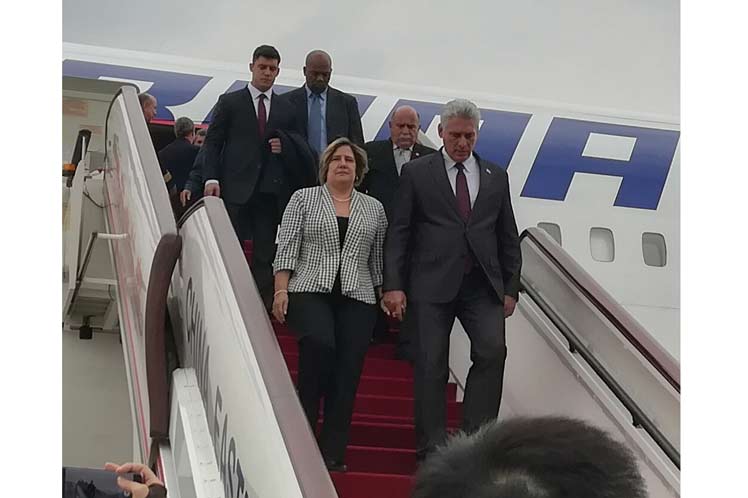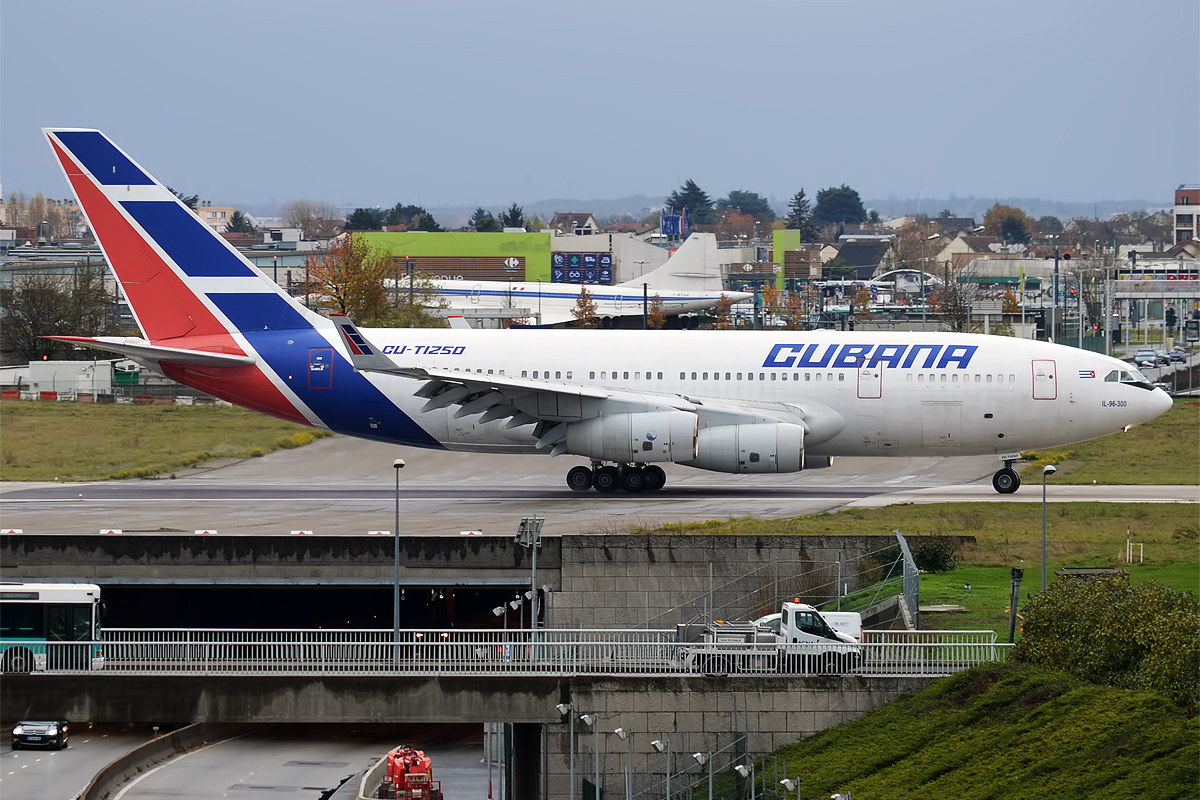Can Venezuela be repaired without jeopardizing the financial benefits received by Cuba?
Does Cuba benefit from a crisis-infused Venezuela which creates systemic commercial, economic and political issues for Colombia?
The government of the Republic of Cuba has no incentive to provoke measures that would replace the Maduro Administration when those measures will result in economic and financial pain for the Republic of Cuba and require the Republic of Cuba to make commercial and economic changes that it does not want to make and has not had to make because other countries (Venezuela, China, Russia, among others) have provided resources to forestall those decisions.
Since 2000, Venezuela has, beginning with the Chavez Administration and continuing through the Maduro Administration provided the Republic of Cuba with more than US$1 billion to upwards of US$4 billion annually in discounted oil (with multi-year repayment terms), import financing, loans, grants, and employment for thousands of Republic of Cuba nationals.
The United States government believes that the Maduro Administration remains in place due in large measure to efforts by the government of the Republic of Cuba.
The United States government believes the Revolutionary Armed Forces of the Republic of Cuba (FAR) and the Ministry of Interior of the Republic of Cuba (MININT) have the capability to organize the replacement of the Maduro Administration which would accelerate a stabilization and subsequent repair to the commercial, economic and political infrastructure within Venezuela.
The United States government believes that the exodus primarily to Colombia of more than 2 million citizens from Venezuela is a responsibility of the government of the Republic of Cuba. During the last two years, the exodus has increased the population of Colombia and created employment stresses (decreasing wages and increasing unemployment) and increased crime.
The government of the Republic of Cuba has a role in the peace process between the Revolutionary Armed Forces of Colombia (FARC) and the government of Colombia; some FARC members are attending educational workshops in the Republic of Cuba.
Venezuela & Oil & Cuba: Decisions Have Consequences For The United States
Increasing oil production in the United States creates employment opportunities. Consistent oil prices are good for United States consumers. Lower oil prices are good for United States consumers.
If oil prices become too low and remain too low, there is negative impact upon United States oil producers, particularly those involved in fracking.
Higher oil prices can permit oil-producing countries to increase their imports. However, oil prices need be below a level(s) that will decrease the consumption by importers.
Higher oil prices can increase revenues of United States-based oil producers, but at the potential expense of United States-based oil consumers. Oil producers prefer to export product when prices are higher rather than direct production within the United States.
A challenge is how to seek a price level for oil that is low enough to maintain and, if necessary, stimulate economic activity- spending by consumers and companies where oil is a significant input cost, and high enough to retain exploration expenditures and fund purchases by oil-producing countries whose revenues would be strained to manage imports.
Lower oil prices assist countries with limited or without domestic oil production including China and Republic of Cuba.
Lower oil prices are challenging for oil-producing countries (OPEC-members, Russia, Iran, Venezuela among others). Members of the Organization of the Petroleum Exporting Countries (OPEC): Algeria, Angola, Congo, Ecuador, Equatorial Guinea, Gabon, Iran, Iraq, Kuwait, Libya, Nigeria, Qatar, Saudi Arabia, United Arab Emirates and Venezuela. OPEC Observers include Egypt, Mexico, Norway, Oman and Russia among other countries.
Lower oil prices can stimulate a focus upon inefficiencies in oil-producing countries, particularly where governments lack transparency, accountability and democratic institutions. Those governments will adapt to survive; they are not typically suicidal. They may refocus on the non-oil-dependent sectors of their economies.
Higher oil prices can insulate countries considered autocratic or not-ideal democracies to continue behavior deemed detrimental to the interests of democracies. Venezuela will continue to assist the Republic of Cuba.
Lower oil prices would lessen revenues for Venezuela, which would complicate the ability for Venezuela to repay loans to China and Russia among others. Higher oil prices would accelerate the ability of Venezuela to repay China and Russia among others, but higher oil prices negatively impact the economy of China and the Republic of Cuba by increasing the cost of an important import.
If China and Russia choose not to continue their support the Maduro Administration, Venezuela will need to make survival choices- and a primary one is the elimination financial support to the Republic of Cuba and to other Caribbean Sea-area countries.
Russia and Saudi Arabia among other OPEC members may desire a hobbled Venezuela as the result is a lessening of oil supplies which assist to maintain higher oil prices.
The Trump Administration must balance the impact of lessening oil production from Iran, which the Trump Administration supports, with a decrease in global oil production, which may result in higher oil prices. There is value in an increase in countries contributing oil to the global marketplace- lower and consistent oil prices.
However, if Venezuela increases its oil production, there could be downward pricing, which would benefit the United States- and allies and foes. Increasing oil production by Venezuela could also stabilize the Maduro Administration- which would result in the Republic of Cuba continuing to receive financial support from Venezuela.
A stabilized Venezuela may also positively impact Colombia, which would likely see a lessening of migration from Venezuela.
The impact of decisions by the United States government to influence commercial, economic and political outcomes in Venezuela and the Republic of Cuba cannot today be siloed from collateral impact towards allies and towards foes.
LINK to complete post text















